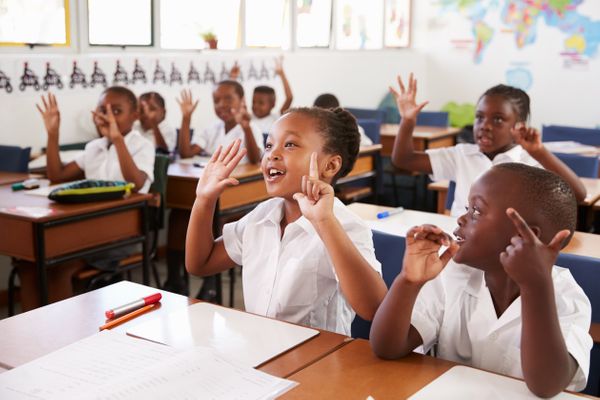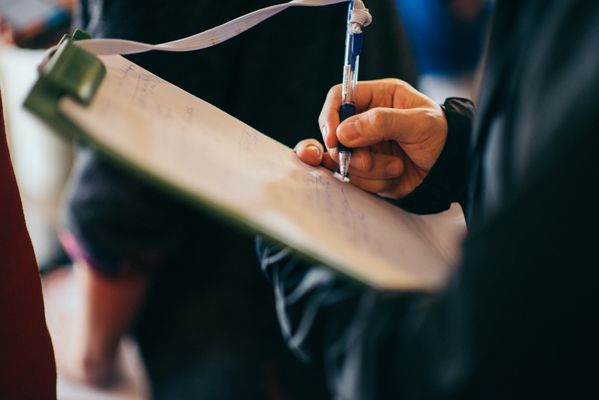1.3.9
Case Studies
Case Studies and Life Histories
Case Studies and Life Histories
Both case studies and life histories are favoured by interpretivist researchers and tend to yield qualitative data.


Case studies & life histories
Case studies & life histories
- A case study is an in-depth investigation of a single example.
- For example, Willis’s study of specific counter-school sub-cultures tried to explore using interviews at schools why children from certain social backgrounds got certain types of jobs.
- Life histories are specific kind of case study that looks at the overall life of one individual or small group, often using in-depth unstructured interviews supported by personal documents, such as diaries and letters.


Advantages
Advantages
- They can be useful to test wider theories, such as working class boys’ attitudes towards education.
- They can be useful for generating new hypotheses or testing in further research or as an adjunct to other types of research.


Advantages cont.
Advantages cont.
- They provide more valid in-depth detail and understanding from the point of view of the individual or group than can be obtained by positivist methods such as surveys and questionnaires.


Disadvantages
Disadvantages
- They are not representative of the larger population, so findings cannot be generalised.
- They may not be valid; life histories, for example, view the past from the standpoint of the present and facts might be misremembered.
1Theory & Methods
1.1Sociological Theories
1.2Sociological Methods
2Education with Methods in Context
2.1Role & Function of the Education System
2.2Educational Achievement
2.3Relationships & Processes Within Schools
3Option 1: Culture & Identity
3.1Conceptions of Culture
3.2Identity & Socialisation
3.3Social Identity
3.4Production, Consumption & Globalisation
4Option 1: Families & Households
4.1Families & Households
4.2Changing Patterns
4.3The Symmetrical Family
4.4Children & Childhood
5Option 1: Health
5.1Social Constructions
5.2Social Distribution of Healthcare
5.3Provision & Access to Healthcare
5.4Mental Health
6Option 1: Work, Poverty & Welfare
6.1Poverty & Wealth
7Option 2: Beliefs in Society
7.1Ideology, Science & Religion
7.2Religious Movements
7.3Society & Religion
8Option 2: Global Development
8.1Development, Underdevelopment & Global Inequality
8.2Globalisation & Global Organisations
8.3Aid, Trade, Industrialisation, Urbanisation
9Option 2: The Media
9.1Contemporary Media
9.2Media Representations
10Crime & Deviance
10.1Crime & Society
10.2Social Distribution of Crime
Jump to other topics
1Theory & Methods
1.1Sociological Theories
1.2Sociological Methods
2Education with Methods in Context
2.1Role & Function of the Education System
2.2Educational Achievement
2.3Relationships & Processes Within Schools
3Option 1: Culture & Identity
3.1Conceptions of Culture
3.2Identity & Socialisation
3.3Social Identity
3.4Production, Consumption & Globalisation
4Option 1: Families & Households
4.1Families & Households
4.2Changing Patterns
4.3The Symmetrical Family
4.4Children & Childhood
5Option 1: Health
5.1Social Constructions
5.2Social Distribution of Healthcare
5.3Provision & Access to Healthcare
5.4Mental Health
6Option 1: Work, Poverty & Welfare
6.1Poverty & Wealth
7Option 2: Beliefs in Society
7.1Ideology, Science & Religion
7.2Religious Movements
7.3Society & Religion
8Option 2: Global Development
8.1Development, Underdevelopment & Global Inequality
8.2Globalisation & Global Organisations
8.3Aid, Trade, Industrialisation, Urbanisation
9Option 2: The Media
9.1Contemporary Media
9.2Media Representations
10Crime & Deviance
10.1Crime & Society
10.2Social Distribution of Crime
Unlock your full potential with Seneca Premium
Unlimited access to 10,000+ open-ended exam questions
Mini-mock exams based on your study history
Unlock 800+ premium courses & e-books